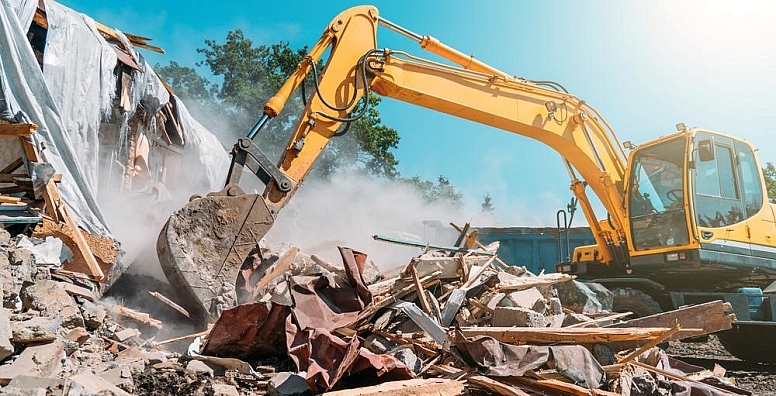
How Can the Construction Industry Reduce Waste?
The construction industry is responsible for a significant amount of waste, with estimates suggesting that it accounts for around a third of all waste produced in the UK.
With growing concerns about the environmental impact of waste, there is a pressing need for the industry to take action to reduce its waste output. Here are some ways in which the construction industry can reduce waste.
Prioritise waste management
Effective waste management is essential for reducing waste in the construction industry. This involves implementing strategies to prevent waste from being created in the first place, as well as ensuring that any waste that is produced is disposed of responsibly and sustainably.
This could involve measures such as reusing and recycling materials, reducing packaging waste, hiring a skip in London either for personal or commercial use and ensuring that hazardous waste is disposed of safely.
Adopt circular economy principles
The circular economy is an approach to resource use that seeks to minimise waste and maximise the value of resources. In the construction industry, this could involve designing buildings and infrastructure to reduce waste and extend the lifespan of materials.
It could also involve incorporating recycled and reused materials into construction projects, and ensuring that waste materials are repurposed wherever possible.
Embrace digital technologies
Digital technologies such as building information modelling (BIM) and virtual reality (VR) can help to reduce waste in the construction industry by enabling more efficient design and construction processes.
By using BIM to model buildings and infrastructure, for example, it is possible to identify potential issues before construction begins, which can help to reduce waste and improve efficiency.
Encourage collaboration
Reducing waste in the construction industry requires collaboration and cooperation between all stakeholders, including clients, designers, contractors, and suppliers.
By working together and sharing knowledge and expertise, it is possible to identify new ways of reducing waste and improving sustainability across the entire construction supply chain.
Focus on carbon reduction
Reducing waste in the construction industry is closely linked to reducing carbon emissions. By adopting strategies to reduce waste and improve sustainability, it is possible to reduce the carbon footprint of construction projects.
According to a recent report, the industry could cut its carbon emissions by up to 40% through waste reduction measures.
In conclusion, reducing waste in the construction industry is essential for improving sustainability and reducing environmental impact.
By prioritising waste management, adopting circular economy principles, embracing digital technologies, encouraging collaboration, and focusing on carbon reduction, the industry can make significant strides towards a more sustainable future.
With growing public concern about the impact of waste on the environment, there has never been a more important time for the construction industry to take action and lead the way towards a more sustainable future.












